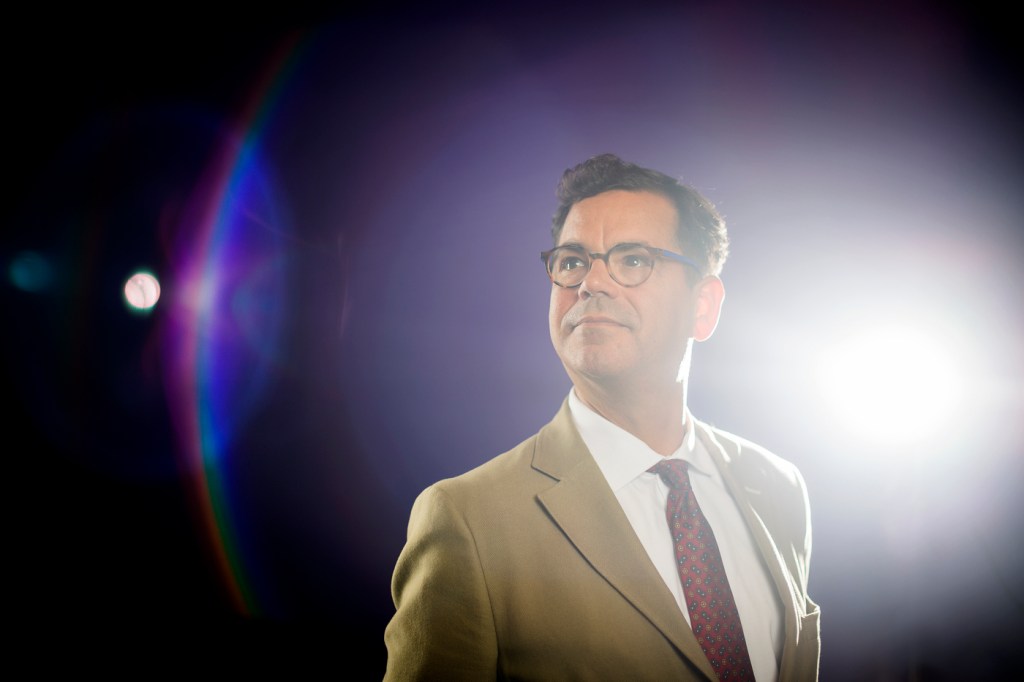Catalonia vs. Spain: How the clash could ‘trigger a wave of massive instability throughout Europe and beyond’

Earlier this week, Catalonia’s government held a divisive independence referendum in which more than 90 percent of voters supported the push to leave Spain. Catalan President Carles Puigdemont indicated that he planned to declare independence from Spain at Monday’s session of the Catalan court. But Spain’s highest court might have thrown a wrench in those plans on Thursday, when it suspended the session in a bid to pre-empt a possible push for independence.
We asked José Buscaglia, professor and chair of the Department of Cultures, Societies, and Global Studies at Northeastern, to discuss Catalonia’s push for independence and its impact on the global political landscape.
First of all, what is driving Catalonia to declare its independence from Spain?
Catalonia has been asking for increased degrees of self-governance for the past 40 years—and increasingly so in the past 15. But it has encountered a stonewall in Madrid, whose central government has refused to sit down with Catalan leaders to discuss granting it powers, especially when it comes to taxation. Even now—as we approach what appears to be a unilateral declaration of independence—the head of Madrid’s government has only said he will be addressing the Catalan issue sometime next week when he has time. In other words, the country is about to fall apart and he is playing hard to get.
More than half of all Catalans did not vote in Sunday’s referendum, suggesting that Catalonia itself is divided. Why didn’t they vote?
We know that most of the people in Catalonia want to vote. We also know that the vote would more than likely be very close to a 50/50 split if everyone were to cast a ballot. But the problem is that a lot of people have not agreed to the terms under which this vote has been called, primarily because they don’t see it as constitutional. Others who chose not to vote appear to have been intimidated by threats coming from Madrid and from the police, who used force to try to enforce the central government’s order to stop the referendum. King Felipe VI of Spain went on TV on Tuesday—a rather abnormal occurrence—and he committed a couple of major mistakes in my opinion. For one, he addressed his remarks mostly to those who are opposed to independence; he did not address the concerns of the 2 million people who voted for independence and those protesting the police brutality. What’s more, though he speaks fluent Catalan, not one word of his speech was spoken in the language.
What might an independent Catalonia look like?
Eventually, Catalonia would become another member of the European Union. It would be a prosperous nation-state within the EU, provided that this entire move toward independence doesn’t lead to the breakdown of Spain and further instability throughout Europe. It’s in everybody’s interest to sit down to negotiate, but the current government in Madrid is proving to be completely intransigent and so is the king, who has asked for respect for his authority. But the majority of people in Catalonia—including many of those who would still like for Catalonia to remain in Spain—see no need for a king or any other unelected figure to represent their country. The reason the king is taking such a hardline is because the crown is at stake and because he is being ill-advised by people in charge of the Spanish government. The only way to save Spain from itself and from its historical tendencies to come apart would be for the king to abdicate his throne and for an immediate election to be called in light of putting forth a new constitution for the third Spanish republic. But the king will not abdicate—his great grandfather did, which led to civil war—so in the coming days the Catalan parliament will tally the referendum votes and claim their independence within 48 hours. If that happens, you will have the beginning of the unraveling of one of the first major modern states in western history and 14th largest economy in the world today.
How will the EU react to Catalonia’s independence?
EU leaders have been quite skillful in responding to the Catalan situation. Even though they have come to the defense of Spain, a member state, they have also expressed serious concern over the way national police acted in an effort to halt the referendum. I grew up in Gen. Francisco Franco’s dictatorship in Spain, and I can say that we have not seen such brutality in the country since his 40-year reign of terror from the 1930s to the 1970s. For those who had to live under Franco’s regime, this is very unpleasant déjà vu.
What are the global implications of Catalonia’s move toward independence?
This situation is flying under the radar, but people should understand that there are serious concerns behind these nationalist movements arising all over the world. Unbeknownst to a lot of people, we are moving toward a post-national world, but the impending crisis we’re witnessing in Spain could trigger a wave of massive instability throughout Europe and beyond. It would affect us, because it would affect England and the world economy. In many ways, this development in Spain is more important to pay attention to than the relationship between the U.S. and Iran or the relationship between the U.S. and North Korea.





